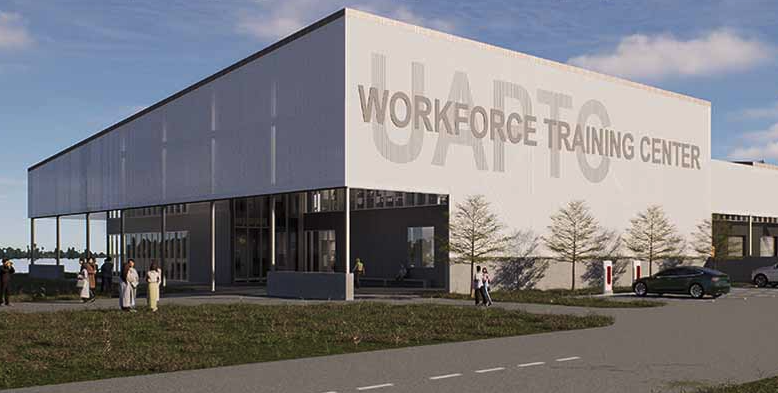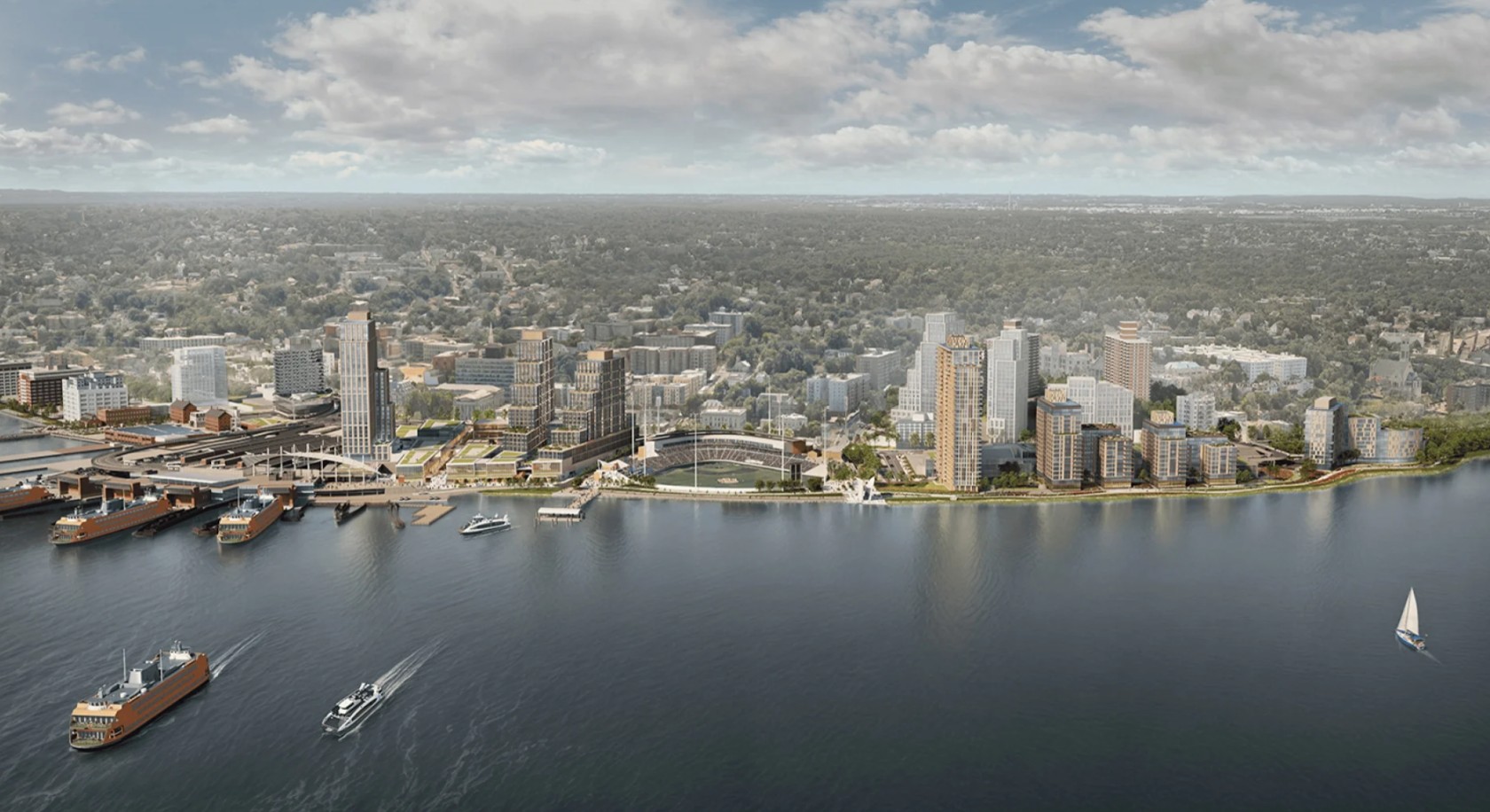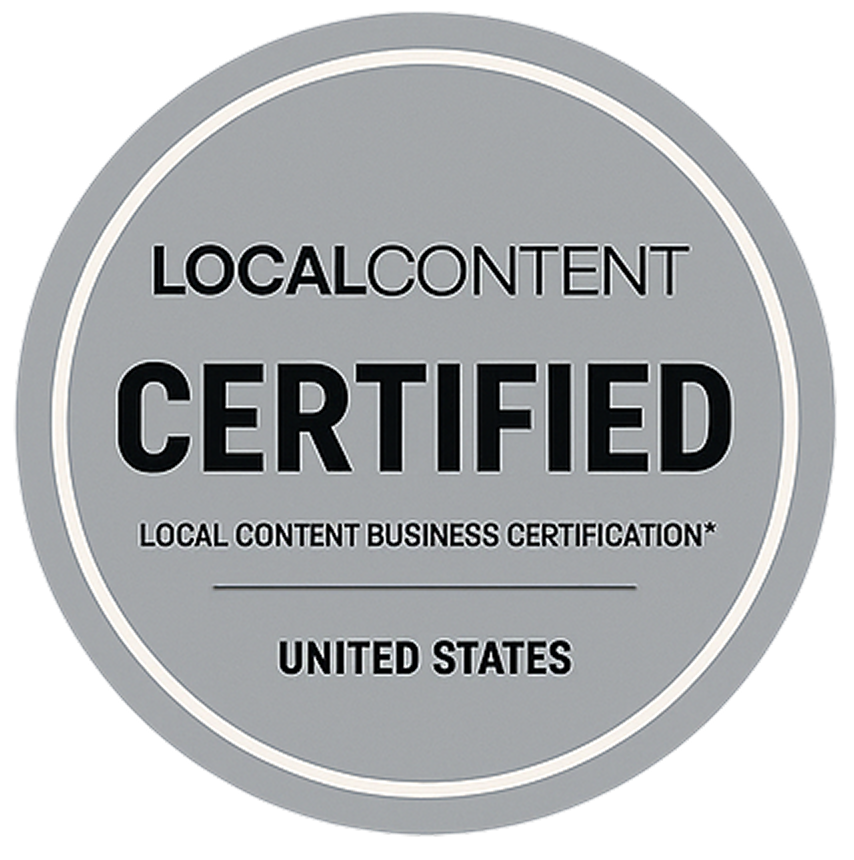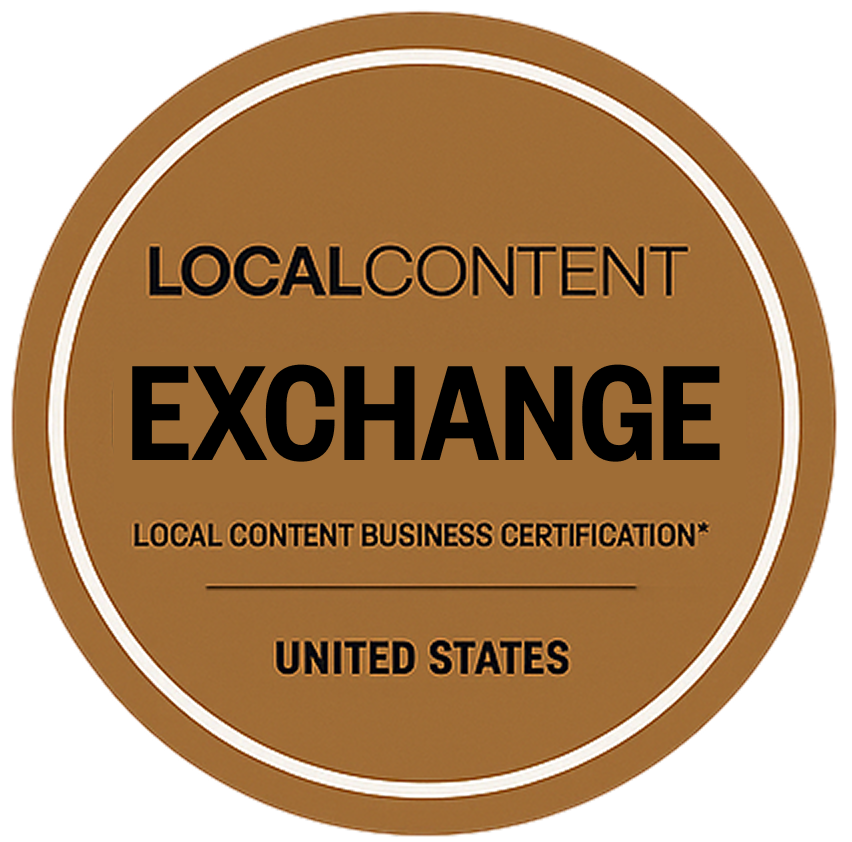How Local Content Policies Are Revolutionizing Construction and Manufacturing : The Hidden Economic Power of Compliance
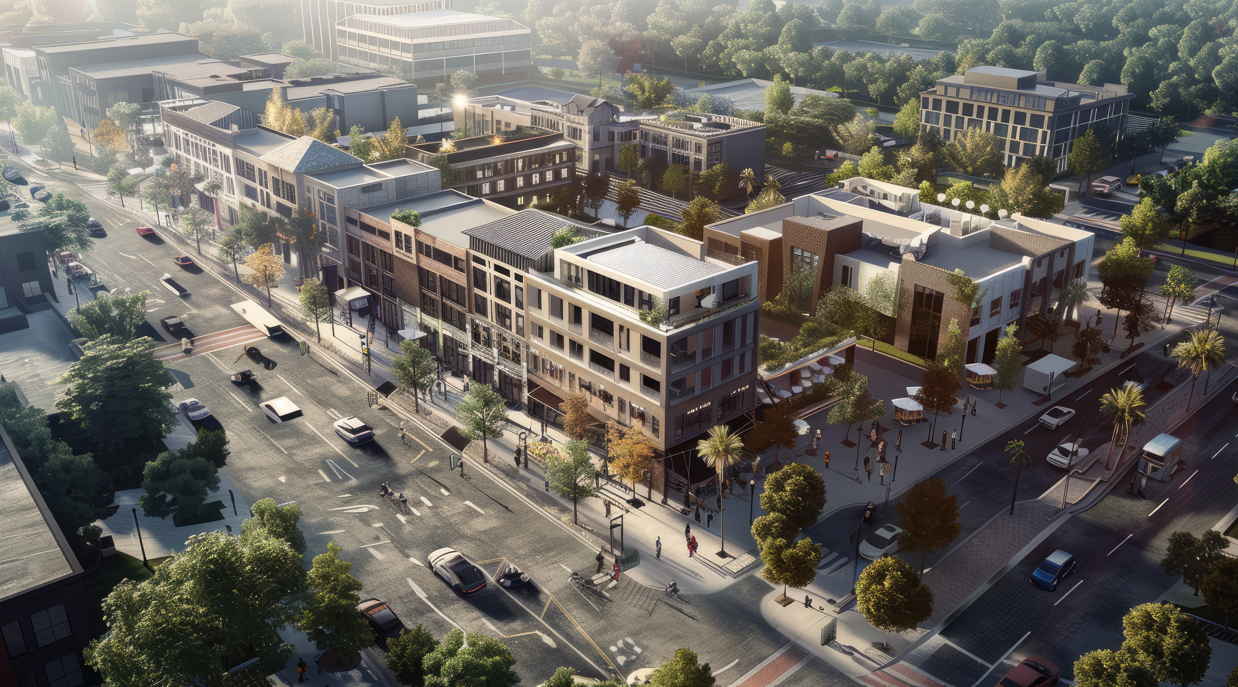
Local content policies are becoming transformative tools in the construction and manufacturing industries, creating unprecedented opportunities for small businesses, nonprofits, and local communities. These policies prioritize local sourcing, workforce development, and community investment, turning large-scale infrastructure projects into powerful engines for economic growth and regional advancement. As developers and manufacturers construct factories, plants, and other facilities, they are not merely building structures; they are reshaping local economies, creating skilled jobs, and fostering long-term community resilience. These policies unlock funding, public support, tax incentives, and competitive advantages for companies, with their impact rippling far beyond construction sites to strengthen the economic fabric of surrounding areas. Below, we explore three high-profile examples demonstrating the economic and social benefits of local content policies in construction and manufacturing.
I. Seaport Square Master Plan – Boston, MA
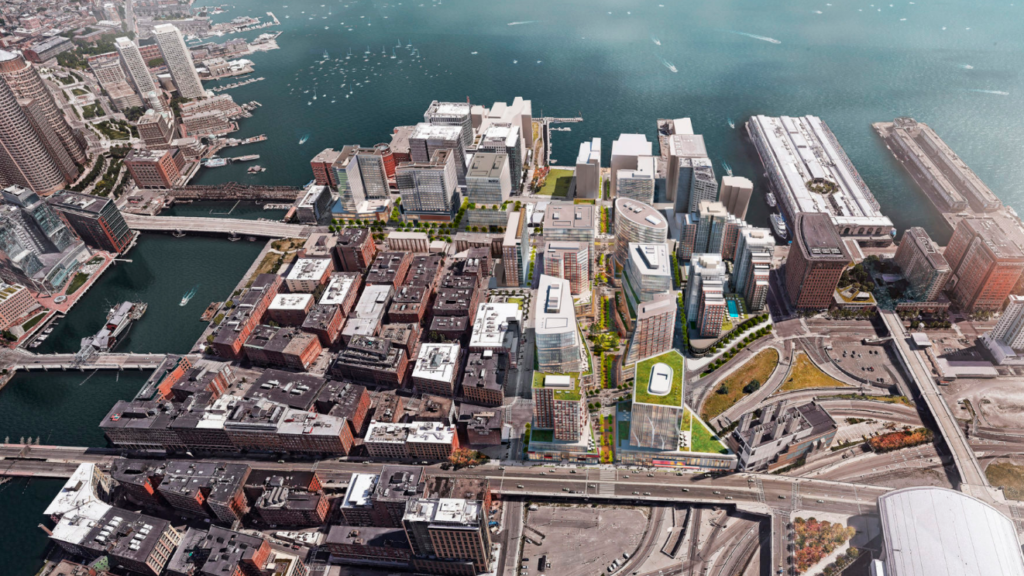
The Seaport Square Master Plan, one of the largest urban redevelopment projects in Boston’s history, is a shining example of the economic and social potential of local content policies. This $3.5 billion mixed-use project spans 23 acres and has prioritized local engagement at every stage of its development. Over 50% of construction contracts were awarded to Boston-based firms, with significant participation from small businesses, including minority- and women-owned enterprises.
The project created over 15,000 construction jobs, with hiring initiatives focused on Boston’s underserved communities, providing residents with training in trades such as masonry, plumbing, and electrical work. The Seaport Square developers also sourced 65% of building materials from New England suppliers, supporting local manufacturers and reducing the environmental impact of transportation. Upon completion, the development will include residential housing, office spaces, retail, and cultural amenities, ensuring long-term economic benefits for Boston’s residents and positioning the Seaport as a vibrant, inclusive community.
II. Port Covington Redevelopment – Baltimore, MD
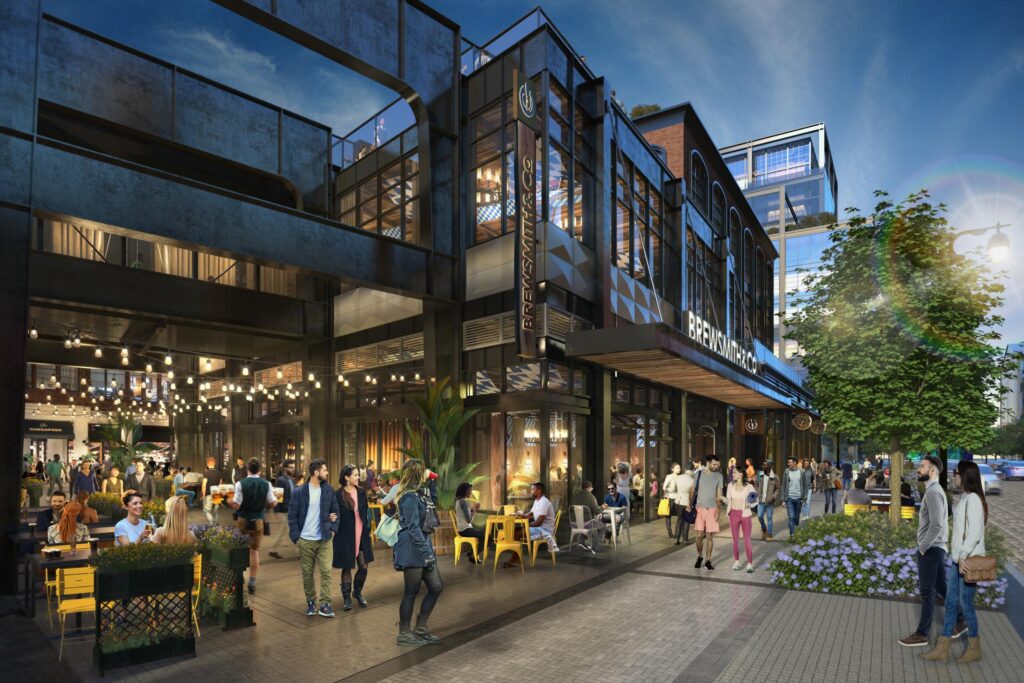
Baltimore’s Port Covington redevelopment is a prime example of how local content policies can drive urban renewal and economic inclusivity. With a projected $5.5 billion investment, this 235-acre waterfront project has integrated local content principles at every stage. Nearly 50% of all construction contracts have been awarded to small businesses based in Baltimore, with a special focus on minority- and women-owned enterprises.
The project has created over 12,000 construction jobs, with hiring initiatives targeting Baltimore’s historically underserved communities. In partnership with local organizations, the developers have launched workforce training programs in trades such as carpentry, electrical work, and masonry, providing pathways to long-term careers. Additionally, Port Covington has sourced 60% of building materials from Maryland-based manufacturers, further amplifying its economic impact on the state.
When complete, the redevelopment will feature residential units, office spaces, parks, and retail areas, attracting businesses and residents while generating over $2 billion in long-term economic impact for Baltimore.
III. South Brooklyn Marine Terminal – Brooklyn, NY
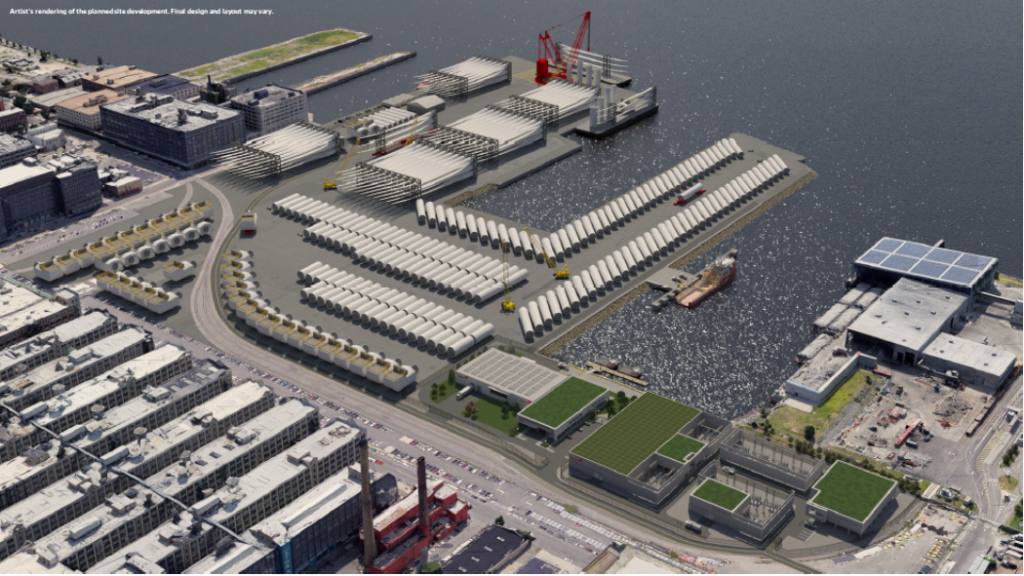
The South Brooklyn Marine Terminal (SBMT) redevelopment is a landmark example of how local content policies can generate regional economic transformation. This $350 million project is transforming the terminal into a key staging area for New York’s burgeoning offshore wind industry. The redevelopment has created over 2,000 construction jobs, with hiring focused on Brooklyn residents, particularly from Sunset Park and neighboring communities.
The project has awarded $100 million in contracts to small and minority-owned businesses, ensuring that the economic benefits of the development extend broadly across New York City. Local content policies were embedded into every phase of the project, including the sourcing of steel and other materials from New York-based manufacturers, bolstering the regional supply chain. SBMT’s long-term operational plans include workforce development programs in partnership with local unions and community colleges, preparing workers for high-demand careers in offshore wind assembly and port operations.
When fully operational, the terminal is expected to generate $1 billion in economic impact and solidify Brooklyn as a hub for clean energy innovation. SBMT exemplifies how local content policies can align infrastructure development with workforce growth and sustainable manufacturing, creating lasting economic benefits.
Local content policies are revolutionizing construction and manufacturing by ensuring that projects benefit not just developers and investors but also local communities. From workforce development to supply chain diversification, these policies offer a blueprint for inclusive economic growth and sustainable development. By embedding these principles into large-scale projects, construction and manufacturing industries can unlock significant public support, access tax incentives, and achieve long-term economic and social benefits. As the demand for transparency and local impact continues to rise, the transformative potential of local content policies will only grow, creating opportunities to build not just infrastructure but vibrant, thriving communities.
More Information: Local Content Week and Sponsorship and Partnership Opportunities.
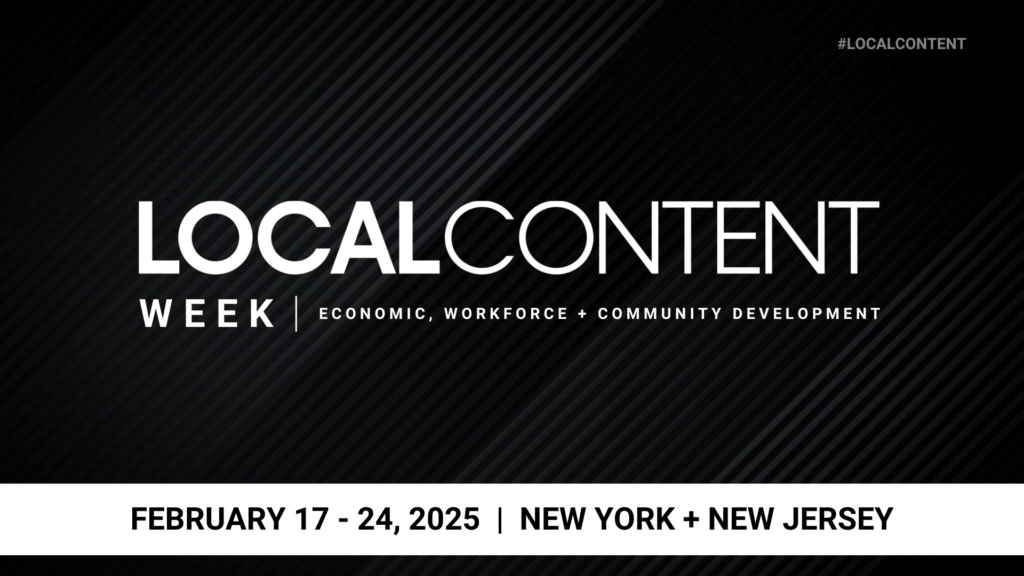

Local Content is the Next Compliance Asset Class
LocalContent.com™ transforms how public and private sector projects meet local and domestic content requirements—with technology, data, and certification solutions that build trust, unlock funding, and prove community value.
Subscribe to Local Content
LocalContent.com Announces Upcoming AI-Driven Certification Suite to Boost Supply-Chain and Workforce Compliance, Competitiveness, and Economic Opportunity
Take the free assessment instead
%20(2).png)

.jpg)
